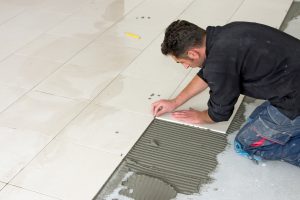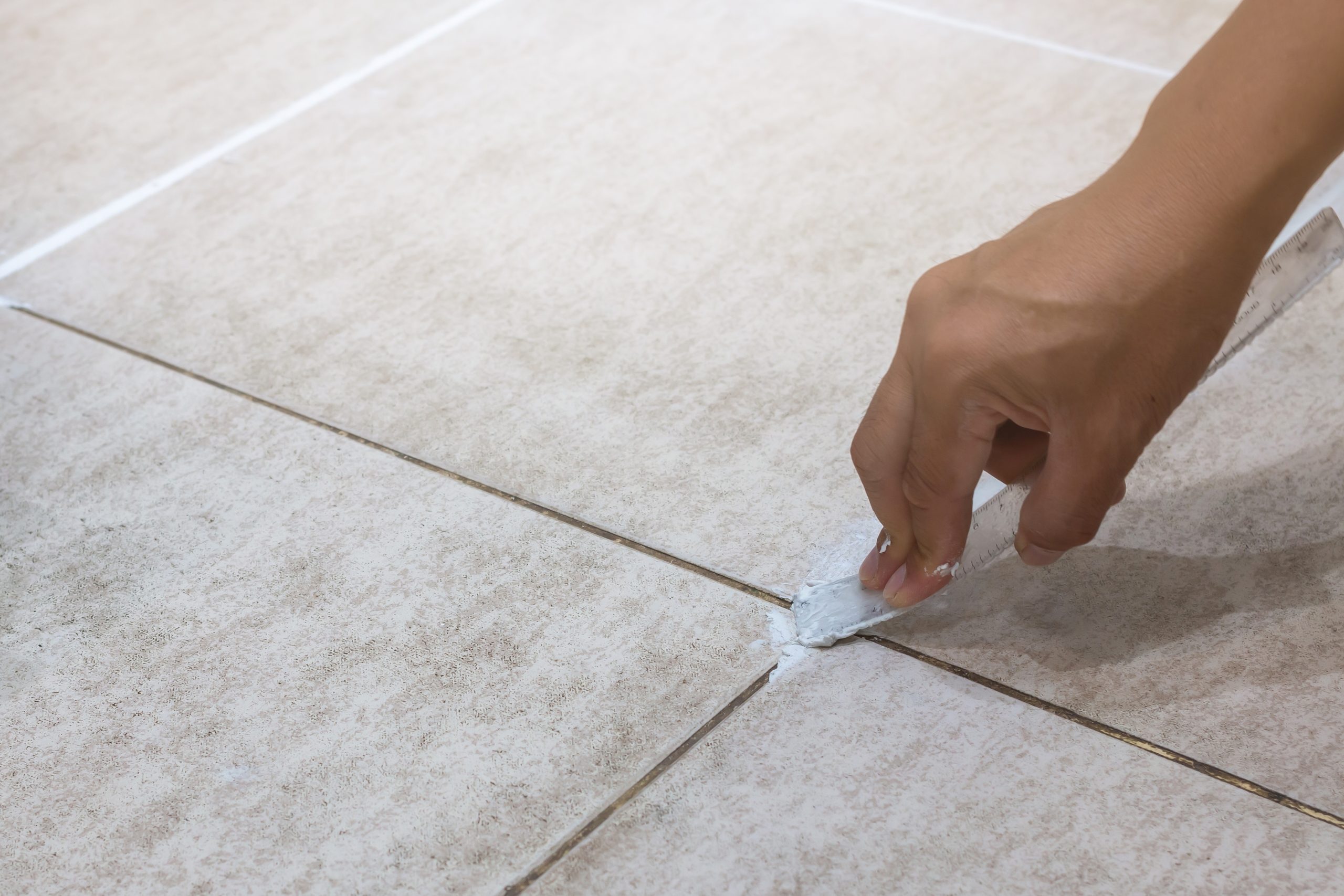
Menu
Edit
ADDRESS
Pidilite Industries Ltd,
Ramkrishna Mandir Road,
P.O. Box No. 17411,
Andheri (East) Mumbai – 400059
Check out the biggest trends of the season and our expert take on them.

Selecting the right grout is one of the most important decisions an architect makes for any tile installation. Understanding the difference between epoxy and cement grout has a significant impact on the appearance and durability of tiles. If you’re looking for a solution that combines longevity, appeal, and strength, epoxy grout is often the best choice. Whether it’s a luxury residential project or a heavy-duty commercial space, investing in the right grout means long-term structural protection and reduced liability concerns.
Here’s why epoxy tile grouting should be your first choice for your next project:
Epoxy tile grout creates a waterproof grout barrier that prevents moisture penetration, making it suitable for high-moisture environments. Unlike cement grout, which is inherently porous and absorbs water like a sponge, epoxy formulations remain impervious to moisture infiltration.
Cement grout requires regular sealing applications every 6-12 months in high-traffic areas and every 2-3 years in standard applications to maintain basic water resistance. This porous nature leads to substrate damage, tile loosening, and issues with structural integrity. In contrast, what epoxy grout offers is a non-porous surface that eliminates these maintenance issues and ensures a waterproof tiled surface.
Epoxy’s non-porous composition prevents dirt, grease, oils, and organic matter from penetrating the grout matrix. This makes epoxy grout naturally resistant to bacterial and fungal growth, essential for hospitals, commercial kitchens, and food processing facilities.
Cement grout’s porous structure actively absorbs contaminants, creating ideal breeding grounds for mould and mildew. These microorganisms create unhygienic conditions and cause permanent discolouration.
Epoxy grout demonstrates superior resistance to acids, alkalis, solvents, and industrial chemicals that would rapidly degrade cement-based alternatives. This chemical stability is crucial in bathrooms and other wet areas that are frequently subjected to chemical cleaning.
Cement grout deteriorates when exposed to acidic substances, harsh cleaning agents, and environmental chemicals, leading to joint failure and costly repairs. The alkaline nature of cement makes it vulnerable to acid degradation, a common issue in commercial kitchens and industrial facilities.
Exterior applications present unique challenges that highlight another critical difference between epoxy and cement grout. Epoxy grout maintains long-lasting colour and structural integrity under prolonged UV exposure, making it ideal for terraces, balconies, and outdoor installations. Traditional cement grout fades, chalks, and deteriorates under UV radiation, needing frequent replacement and recolouring.
For architects designing outdoor spaces, swimming pools, and building facades, this UV resistance minimises maintenance costs.
Despite common misconceptions about complexity, modern epoxy grout formulations, such as Roff Starlike, feature user-friendly two-component systems that simplify professional installation. The pre-batched components eliminate mixing errors while providing extended working time for large-scale applications.
Cement grout requires multi-process steps that increase labour costs and extend project timelines. Additionally, the ongoing maintenance requirements of cement grout, including regular cleaning, resealing, and eventual replacement, create significant long-term operational costs.
While epoxy grout carries higher initial material costs, the elimination of sealing requirements, reduced maintenance needs, and extended service life deliver superior long-term value for professional applications.
Roff Starlike combines numerous advantages that meet international standards while delivering the reliability and performance that architects need. Its 24-month shelf life and stable formulation ensure consistent performance across large projects. Upgrade your tile installation with Roffs Starlike and give your tiles the attention they deserve.